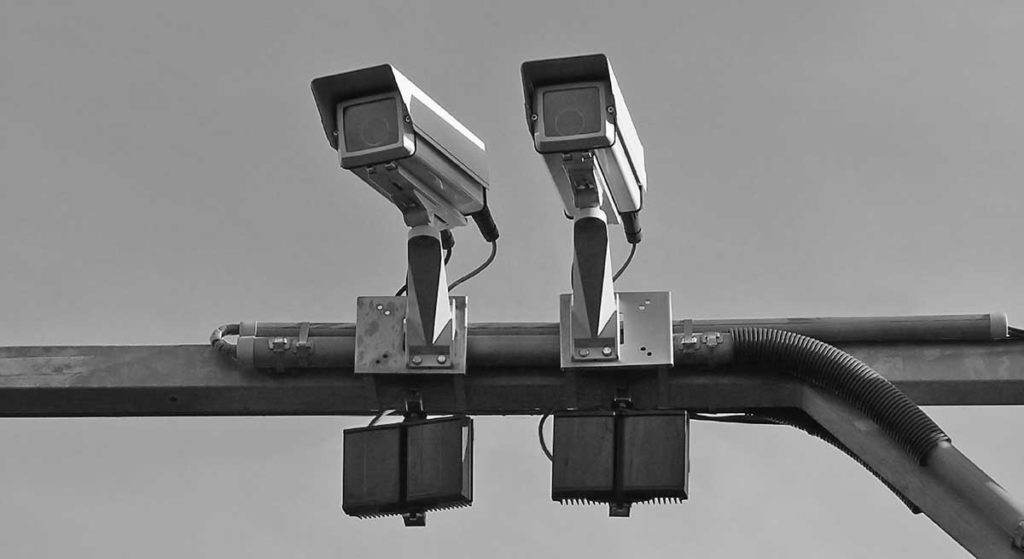In California, there is a powerful new law called the Delete Act (and a tool it creates called DROP). If you live in California, this is a game-changer for your privacy.
What is the “Delete Act”?
Right now, there are hundreds of companies called “Data Brokers.” These are companies you’ve likely never heard of, but their entire job is to collect your personal info (like your income, your hobbies, or your political party) and sell it to others.
Even if you are careful with what you post on social media, Data Brokers are still “vacuuming up” info about you from public records and other apps, from what you buy to where you visit to whom you are related to!
Before this law, if you wanted your data deleted, you had to find every single one of those hundreds of companies and ask them one by one, an almost impossible task!
The Delete Act changes that. It creates a “one-stop-shop” where you can tell every registered data broker ALL AT ONCE to delete your information.
What is “DROP”?
DROP stands for the Delete Request and Opt-out Platform.
Think of it like the “Do Not Call” registry, but for your personal data. Starting in January 2026, you will be able to go to a single website and click one button, which will send a “Delete Me” notice to every Data Broker in California.
Why should you care?
- Stops the Profiling: A DROP notice stops companies from building a secret file on you to decide what ads you see or whether to approve you for certain services.
- Ongoing Protection: Once you make the request through DROP, data brokers have to keep deleting your info every 45 days. They can’t just delete it once and then start collecting it again the next week.
- Stiff Penalties: If a company doesn’t follow your request, the state can fine them $200 per day, per request. This financial punishment makes companies take your privacy very seriously.
What should you do?
Use the DROP Button, starting Jan 2026
The official platform (DROP), built by the California Privacy Protection Agency, is HERE.
You might see companies today offering to “clean up your data” for a monthly fee. While some are helpful, remember that the California DROP platform will be FREE. You won’t have to pay a private company to do what the state is making available for everyone.
ADDITIONAL RESOURCES
HERE is a more in-depth explanation of the DELETE Act and the DROP tool it creates.
HERE is a more in-depth video about Data Brokers.
< Back | Home | Next >
—- Published January 2026 —-








